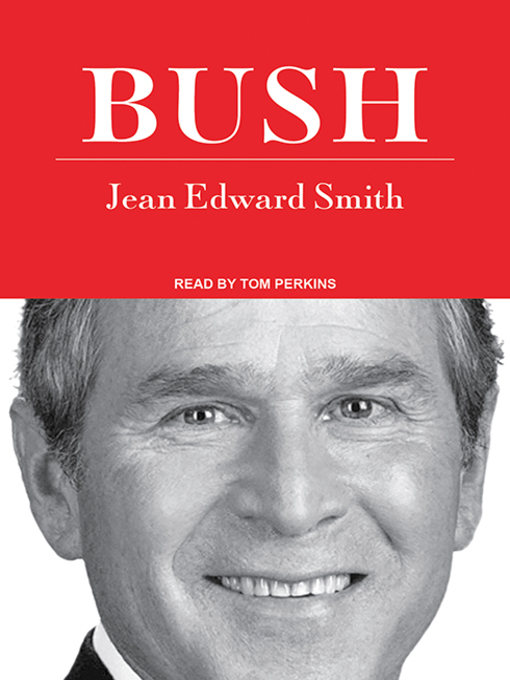
In Bush, Jean Edward Smith demonstrates that it was not Dick Cheney, Donald Rumsfeld, or Condoleezza Rice, but President Bush himself who took personal control of foreign policy. Bush drew on his deep religious conviction that important foreign-policy decisions were simply a matter of good versus evil. Domestically, he overreacted to 9/11 and endangered Americans' civil liberties.
Smith explains that it wasn't until the financial crisis of 2008 that Bush finally accepted expert advice, something that the "Decider," as Bush called himself, had previously been unwilling to do. As a result, he authorized decisions that saved the economy from possible collapse, even though some of those decisions violated Bush's own political philosophy.
-
Creators
-
Publisher
-
Release date
July 5, 2016 -
Formats
-
OverDrive Listen audiobook
- ISBN: 9781515927983
- File size: 721320 KB
- Duration: 25:02:44
-
-
Languages
- English
-
Reviews

Loading
Formats
- OverDrive Listen audiobook
Languages
- English
Why is availability limited?
×Availability can change throughout the month based on the library's budget. You can still place a hold on the title, and your hold will be automatically filled as soon as the title is available again.
The Kindle Book format for this title is not supported on:
×Read-along ebook
×The OverDrive Read format of this ebook has professional narration that plays while you read in your browser. Learn more here.